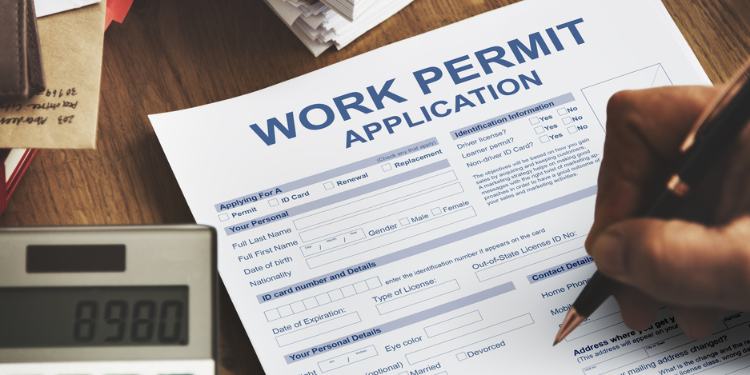
The change was announced last december by the American government. Holders of a masters degree from an American institution are more likely to get a work permit than other applicants. This would mean, as the number of H-1B on offer is capped at 85,000, that other applicants would have lower chances of seeing their H-1B applications accepted.
The H-1B visa is the scheme that allows highly skilled graduates to work and live in the United States (US). In a year, 85,000 foreigners are able to relocate to the US thanks to this scheme. However, a slight change announced in December 2018 will make it more difficult for non-US educated master holders to be granted the work permit. Indeed, the selection process has been tweaked so that advanced degree holders having studied in the US are favoured.
It is the selection process carried out by the U.S Citizenship and Immigration Services (USCIS) that has changed. The USCIS usually provides for 65,000 H-1B visas for individuals who have not studied in the US, in a first selection exercise and for 20,000 for the US masters holders. Beginning this year, applications of professionals having studied in the US will also be included in the initial 65,000 first applications selected. “Changing the order in which USCIS counts these separate allocations would likely increase beneficiaries with a master's or higher degree from a US institution of higher education to be selected for further processing under the H-1B allocations”, says the Department of Homeland Security in the Federal Register of the Daily Journal of the United States Government.
The demand for H-1B visas is traditionally higher than the supply, and the tech industry is known to make up a big chunk of the employers asking for foreign expertise. Tech companies have even asked for greater availability of H-1B visas in the past. According to American media, Indian professionals are the highest nationality obtaining H-1B visas every year.



















